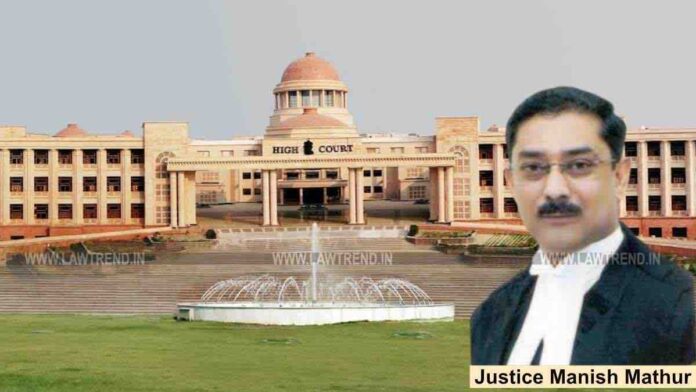The Allahabad High Court, in a significant ruling, has quashed a suspension order against an employee of the Goods and Service Tax (GST) department, holding that a disciplinary authority must apply its mind and record prima facie satisfaction regarding the genuineness of evidence, such as an audio clip, before suspending an employee. The judgment was
To Read More Please Subscribe to VIP Membership for Unlimited Access to All the Articles, Download Available Copies of Judgments/Order, Acess to Central/State Bare Acts, Advertisement Free Content, Access to More than 4000 Legal Drafts( Readymade Editable Formats of Suits, Petitions, Writs, Legal Notices, Divorce Petitions, 138 Notices, Bail Applications etc.) in Hindi and English.




